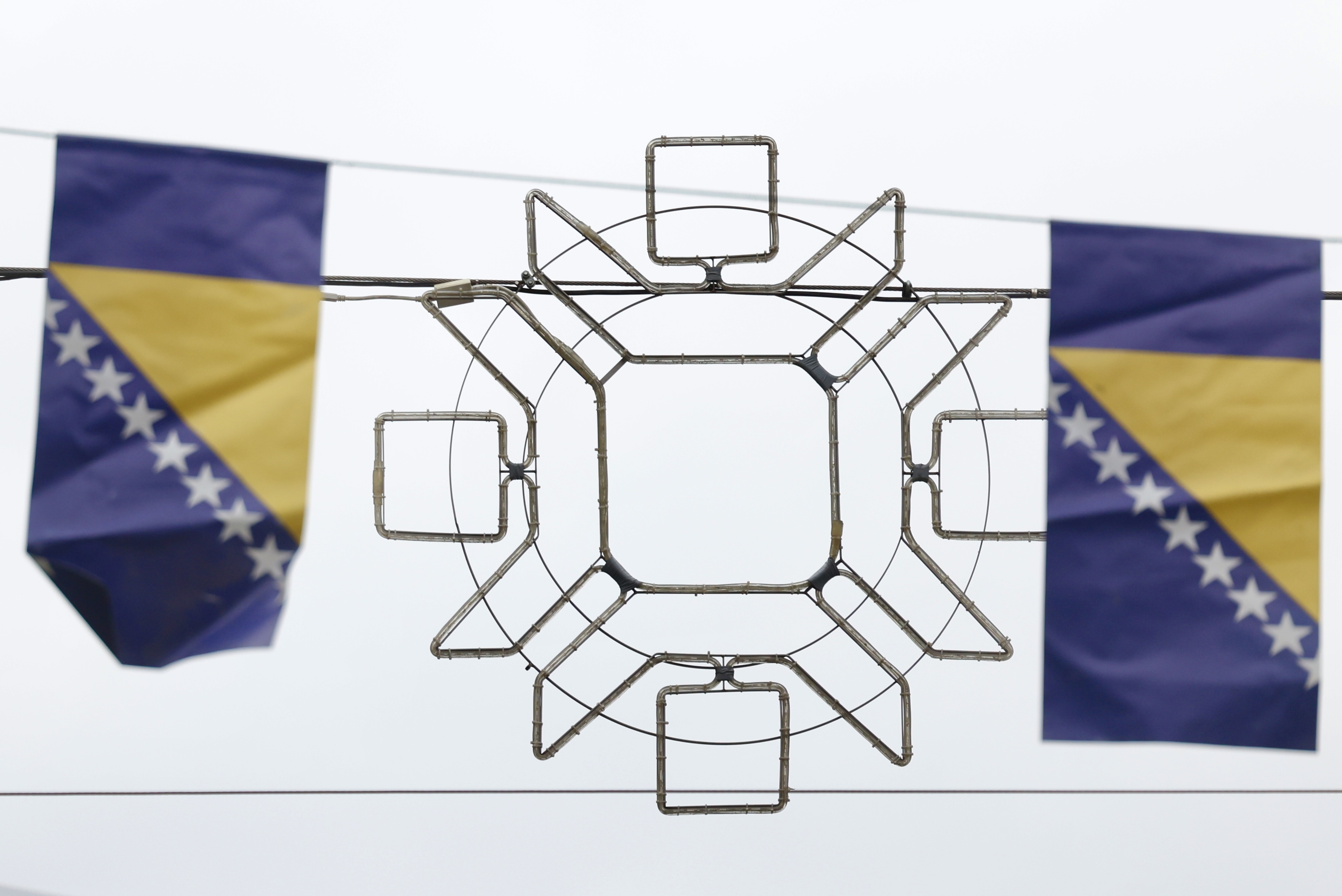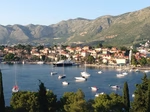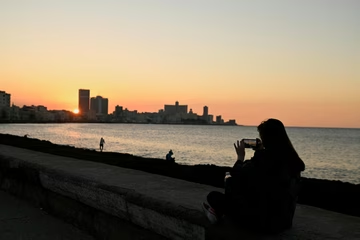
Bosnia and Herzegovina is undergoing yet another existential crisis that demands that citizens question how politicians are approaching the situation, stated Georgio Konstandi, guest speaker at Sunday's session of the independent intellectual group Krug 99 in Sarajevo.
"I would pose the following questions: What are the most dangerous misconceptions in today’s political discourse about the crisis in BiH, which increasingly bind Bosnian society into a Gordian knot? I think it is high time we shed light on the long-standing overlap of secessionist projects in Bosnia and Herzegovina and Cyprus, in order to avoid repeating the same mistakes and catastrophic consequences," said Konstandi, whose session topic was “Are the state actors of Bosnia and Herzegovina leading the country toward Cypriotization?”
He expressed concern over a feeling that has been with him for some time — that Bosnia and Herzegovina is heading down the path of so-called Cypriotization, a process in which a state formally retains its sovereignty, symbols, anthem, flag, map, and international recognition, while in reality it ceases to function on the ground.
Noting that he comes from a country that has already gone down that road, Konstandi emphasized that Cyprus today is de facto a divided state in Europe, while formally it is still considered sovereign and unified. The international community reaffirms its support for the integrity of the Republic of Cyprus year after year, but the reality on the ground remains unchanged: the northern part of the island lies outside the control of legal institutions and is under political and military support from Turkey, he added.
"Division did not happen overnight, but through a prolonged process of hesitation, inaction, and the illusion that someone else would resolve our internal problems. I see that same tendency in today’s political discourse in Bosnia and Herzegovina: political actors who are supposed to defend the constitutional order often hide behind phrases about the European path, using them as an excuse to avoid responsibility. They speak of security, justice, and human rights, but in reality hesitate to act in critical moments. This raises the question — on what evidence do they believe that the European path alone will prevent state collapse if its institutions are unwilling to act?" said the keynote speaker at today’s Krug 99 session.
As a researcher, he said he had the opportunity to read transcripts from the sessions of the National Assembly of Republika Srpska in the 1990s, and that was when he first discovered the historical link between the RS project and the partition of Cyprus.
Konstandi noted he was taken aback when SDS leaders, especially Radovan Karadzic, referenced Cyprus not only as an example of division but as an inspiration — saying it was a model to follow and a blueprint for how to carry out a similar project in BiH.
The promises that EU accession would bring stability to the Republic of Cyprus, he said, were the greatest illusion in which the local population believed.
"EU membership and de facto division are not mutually exclusive — and no one told us that 20 years ago," he concluded.
Kakvo je tvoje mišljenje o ovome?
Učestvuj u diskusiji ili pročitaj komentare
Kakvo je tvoje mišljenje o ovome?
Učestvuj u diskusiji ili pročitaj komentare





 Srbija
Srbija
 Hrvatska
Hrvatska
 Slovenija
Slovenija


























































